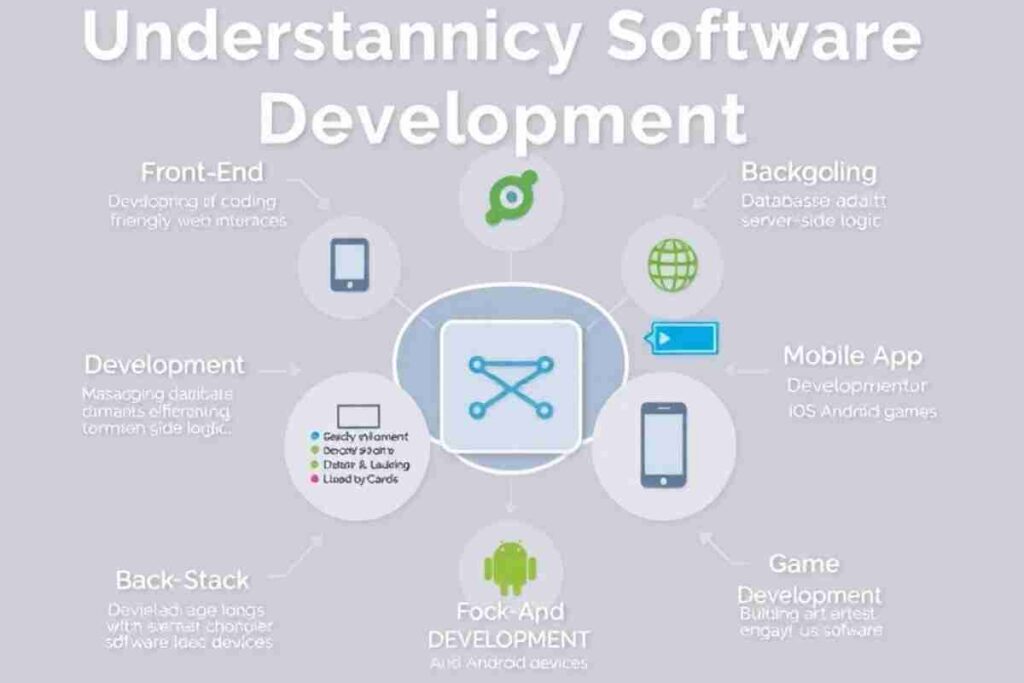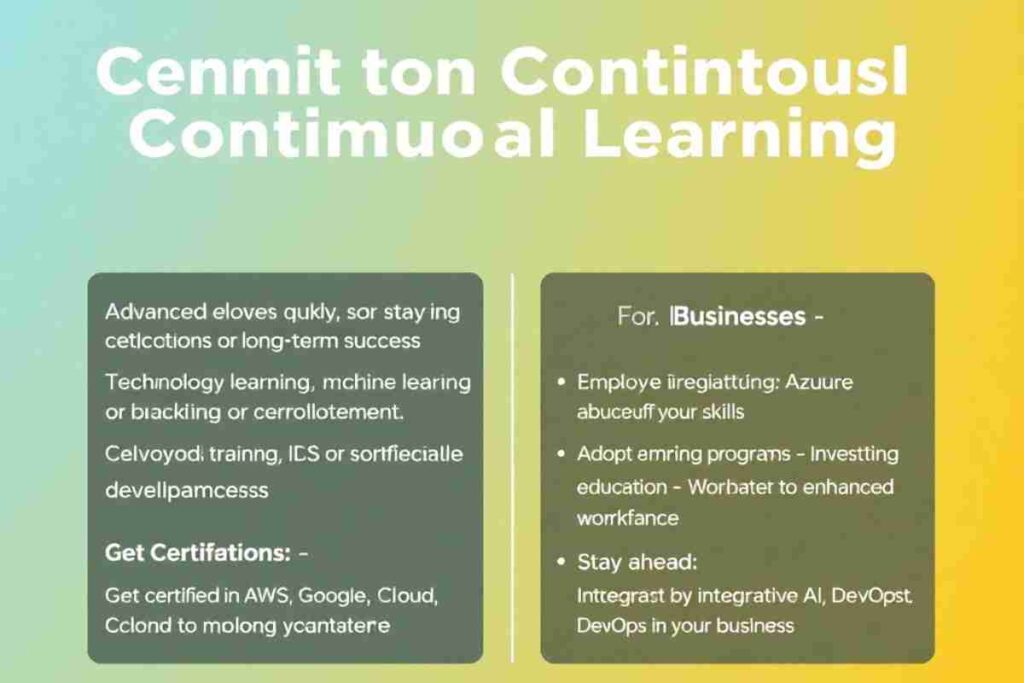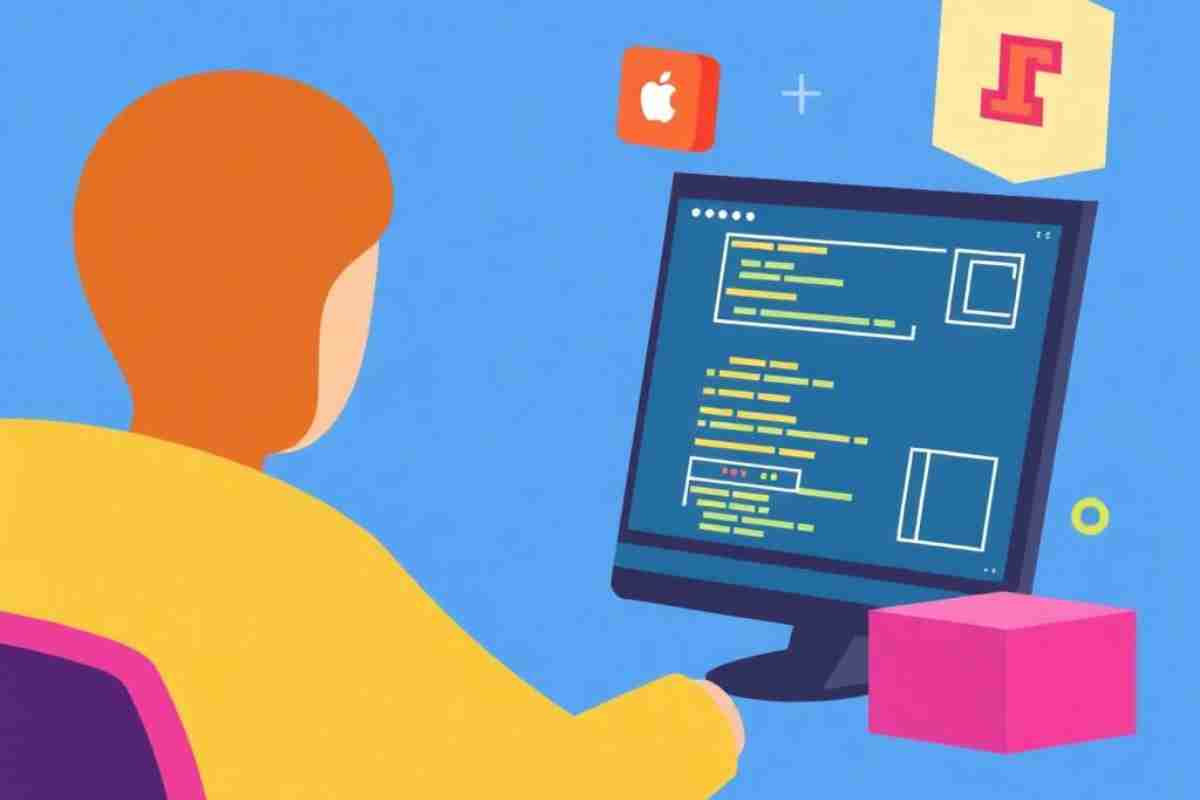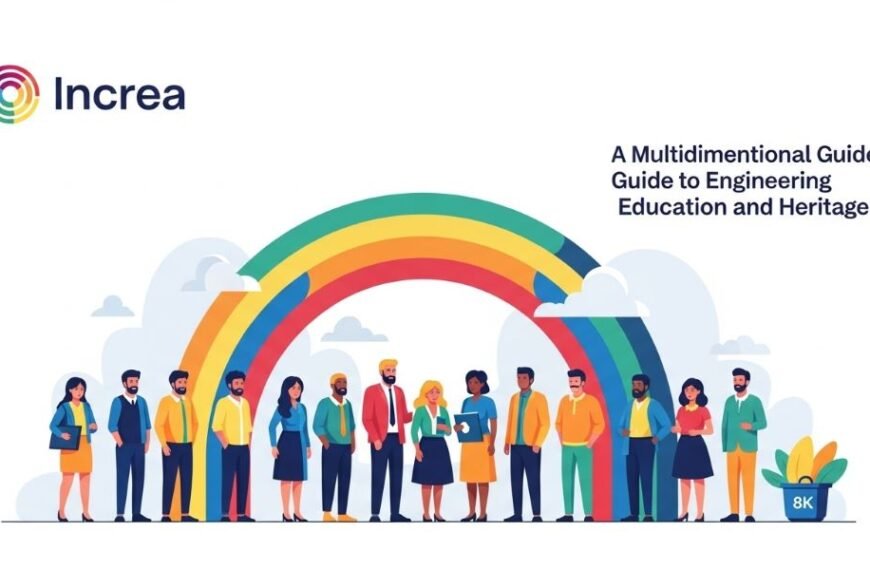Software development is one of the most rewarding career paths in today’s tech-driven world. If you’re wondering how to get started, taking the right first step is crucial.
In this guide, we’ll explore the essential skills, learning paths, and practical experience needed to launch your journey in software development.
Understanding Software Development

Software development is the process of designing, coding, testing, and maintaining software applications. It includes several specializations, such as:
- Front-End Development – Designing user-friendly web interfaces.
- Back-End Development – Managing databases and server-side logic.
- Full-Stack Development – Combining front-end and back-end expertise.
- Mobile App Development – Creating applications for iOS and Android devices.
- Game Development – Building interactive and engaging video games.
By understanding these areas, you can choose the best career path that matches your interests.
Step 1: Learn the Fundamentals of Programming
The first and most important step to entering software development is learning how to code. Programming is the foundation of all development roles, and choosing the right language will set you up for success.
Choosing Your First Programming Language
Here are some beginner-friendly programming languages:
- Python – Easy to learn, widely used in AI, automation, and web development.
- JavaScript – Essential for web development, enabling interactive user interfaces.
- Java – Popular for enterprise applications and Android development.
- C++ – Great for game development and high-performance applications.
For businesses, hiring developers with expertise in the right language is key to building scalable software solutions.
Step 2: Choose the Right Learning Path
There are multiple ways to learn software development, depending on your preferences and availability.
Formal Education
A degree in computer science provides in-depth knowledge and strong problem-solving skills. It’s an excellent choice for those looking for long-term career growth.
Coding Bootcamps
Bootcamps offer intensive, short-term training focused on practical skills. They help individuals become job-ready in a matter of months.
Self-Learning
If you prefer flexibility, online platforms like Codecademy, freeCodeCamp, and Udemy offer structured courses for beginners.
For businesses, investing in employee training programs ensures your team stays updated with the latest technologies.
Step 3: Gain Hands-On Experience
Learning theory isn’t enough—you need practical experience to become a skilled developer.
For Individuals:
- Build Small Projects – Start with simple applications like a to-do list or personal blog.
- Contribute to Open Source – Join communities on GitHub to collaborate with experienced developers.
- Freelancing – Work on small projects to gain real-world experience.
For Businesses:
- Internship Programs – Hire budding developers to work on live projects.
- Collaborate with Tech Agencies – Gain expertise by partnering with experienced developers.
Step 4: Master Core Computer Science Concepts
A strong understanding of computer science fundamentals will help you write efficient and optimized code.
Key Concepts to Learn:
- Variables & Data Types – Learn how data is stored and used in programs.
- Control Structures – Implement loops and conditional statements.
- Functions & Methods – Write reusable and modular code.
- Data Structures – Understand arrays, lists, stacks, and queues.
- Algorithms – Learn sorting and searching techniques.
Businesses should ensure their developers master these fundamentals to create robust applications.
Step 5: Build a Professional Network
Networking helps you stay updated and discover new job opportunities.
For Individuals:
- Join Online Communities – Participate in discussions on Stack Overflow and Discord.
- Attend Tech Events – Join hackathons and conferences to meet industry experts.
For Businesses:
- Engage with Industry Peers – Collaborate with other tech professionals.
- Use Online Hiring Platforms – Connect with skilled developers on LinkedIn and job boards.
Step 6: Commit to Continuous Learning

Technology evolves quickly, so staying updated is essential for long-term success.
For Individuals:
- Advanced Courses – Learn machine learning, cybersecurity, or blockchain development.
- Certifications – Get certified in AWS, Google Cloud, or Microsoft Azure to enhance your skills.
For Businesses:
- Employee Training Programs – Invest in ongoing education for your workforce.
- Adopt Emerging Technologies – Stay ahead by integrating AI, cloud computing, and DevOps into your business.
Conclusion
Starting a career in software development requires a solid foundation in programming, the right learning path, and practical experience.
Whether through formal education, bootcamps, or self-learning, aspiring developers must continuously improve their skills to stay relevant in the fast-changing tech landscape.
For individuals, gaining hands-on experience, networking, and mastering core computer science concepts are crucial steps toward career growth.
Businesses, on the other hand, should invest in training programs and emerging technologies to build strong development teams.
Ultimately, success in software development comes from continuous learning, adaptability, and a commitment to problem-solving. With the right approach, anyone can thrive in this dynamic and rewarding field.
FAQs
What is software development?
Software development is the process of designing, coding, testing, and maintaining software applications.
Which programming language should beginners start with?
Python is beginner-friendly, while JavaScript, Java, and C++ are great for web, mobile, and game development.
What are the main learning paths for software development?
You can choose from formal education, coding bootcamps, or self-learning through online courses.
How can beginners gain practical experience?
Build small projects, contribute to open-source, and try freelancing to apply coding skills.
Why are core computer science concepts important?
They help developers write optimized, efficient, and scalable code for real-world applications.
How can networking help in a software development career?
Joining tech communities, attending events, and engaging online can open job opportunities.
Why is continuous learning essential in software development?
Technology evolves rapidly, so staying updated with new tools and trends is crucial.
How can businesses build strong software development teams?
Investing in training, hiring skilled developers, and adopting emerging technologies is key.






